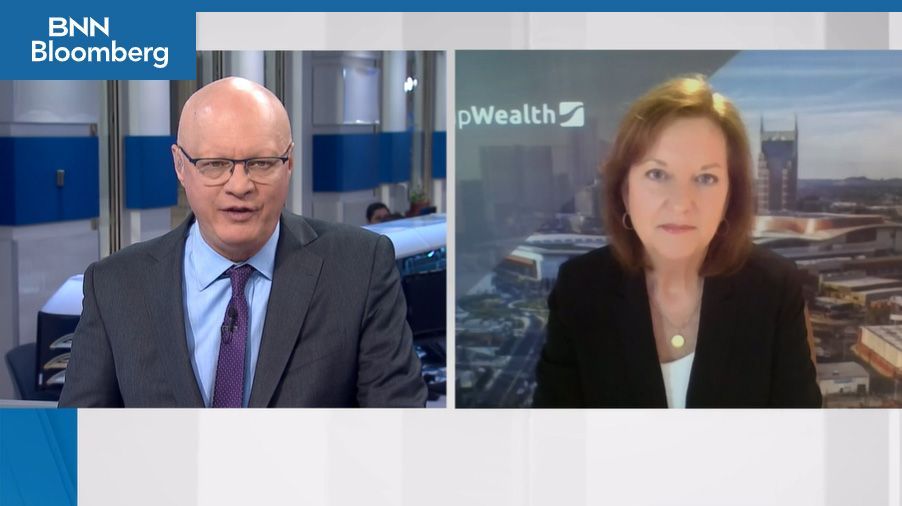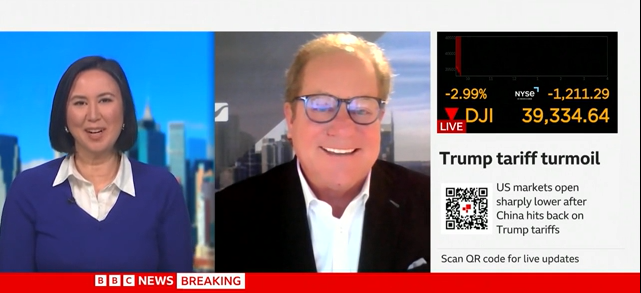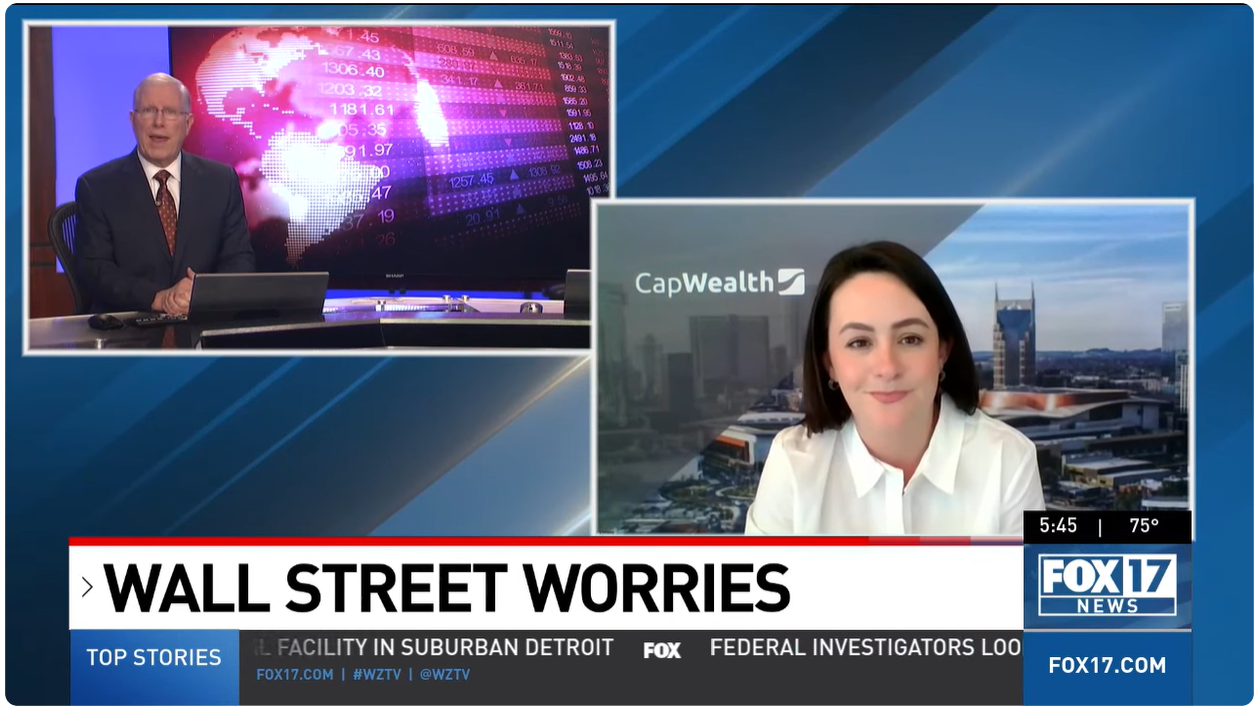Smart Money Is Betting on Artificial Intelligence
March 16, 2015
A couple of weeks ago, it was revealed in the news that Bridgewater Associates, the world’s largest hedge fund manager with over $165 billion in assets, is forming a new artificial-intelligence (AI) unit. The unit will be headed by David Ferruci, the principal scientist behind the team of IBM and academic engineers and researchers that developed the Watson computer system that in 2011 famously competed on “Jeopardy!” against two former winners and took the million-dollar first prize.
Big money is betting on AI
Why in the world would the world’s largest hedge fund company start an AI division? Well, it doesn’t take a lot of smarts, artificial or otherwise, to answer that. It’s precisely because they are the world’s largest hedge fund company. The AI unit will devise trading algorithms that make market predictions based upon historical data and statistical probabilities — and like all AI systems, it will adapt to new information and get smarter as it goes. Bridgewater is betting that AI will make them better bettors!
The bottom line: AI has arrived, it’s powerful and it means business — big, big business with a whole lot of dollar signs. Naturally, a hedge fund is going to take notice. And whether you’ve noticed or not, AI is drawing on and perhaps even impacting your life already.
AI has gotten smarter, faster
Defined simply (but it can get complicated quickly) as the development of computer systems that can behave like humans — performing visual perception, speech recognition, decision-making and language translation, for instance — AI has come a long way in recent years thanks to three advancements, explains Kevin Kelly in a recent Wired magazine article.
These advancements — the parallel graphical computer chip developed by the video-gaming industry; the torrents of data created and collected daily over our computers, smartphone and other connected devices; and, finally, the kind of deep-learning algorithms used by the likes of search engines, Facebook, Spotify, Amazon and Netflix — are empowering the neural networks of AI to act more and more like the neural networks of real human brains.
Every day, the neural nodes of AI software are getting better at mutually interacting and making sense of the input, learning more with each instance of trillions of examples, and accelerating the results up the neural ladder for finer-tuned parsing.
From Siri to saving lives
To cite a few examples, we already have gaming systems that turn the body into a controller and apps for searching photos and are ever-closer to software that can translate speech in real time and self-driving cars. Many of us are already using an AI-aided personal assistant such as Apple’s Siri, Amazon’s Alexa (inside Echo), Microsoft’s Cortana and Google Now.
Watson, the IBM super-computer that beat the “Jeopardy!” champions, has become an assistant himself. But instead of scheduling meetings or finding the closest pizza joint, Watson is saving lives by helping hospitals and clinics diagnose cancer. According to IBM’s healthcare company partner Wellpoint, Watson correctly diagnoses lung cancer 90 percent of the time, compared to 50 percent for human doctors.
Is the future really now?
The sky, it would appear, is the limit. If you believe some prognosticators such as Ray Kurzweil, the author of the wave-making “The Singularity Is Near,” AI will progress so rapidly in a mere three decades’ time that it will be far more powerful than all of human intelligence combined and will utterly transform what it means to be human. While that may sound outrageous, like something out of a sci-fi movie, remember this: Who among you, other than sci-fi enthusiasts, would have predicted our current digital epoch a mere 30 years ago? Kurzweil has his skeptics, but there are plenty of scientists, futurists, analysts and industry watchers that do believe that we’re on the cusp of an AI revolution, even if they don’t go as far as his predictions.
Money is pouring into AI
No matter what you believe about AI, you can depend on this: Private investment is pouring into it. According to a report last year by quantitative analysis firm Quid, AI had attracted more than $17 billion since 2009 and grown over 60 percent a year for the previous four years. And companies such as Yahoo, Intel, Dropbox, LinkedIn, Pinterest and Twitter are eagerly acquiring AI startups to supercharge their own businesses.
Expect Labs CEO Tim Tuttle told The Financial Times in January that there’s a “wild-west mentality” in the AI industry right now, with entrepreneurs scrambling to create real-world AI applications.
“This is a hot place to be,” agreed Stephen Purpura, the CEO and co-founder of Context Relevant, another AI firm.
As you can see, the smart money’s on artificial intelligence.
Phoebe Venable, chartered financial analyst, is President & COO of CapWealth Advisors LLC. Her column on women, families and building wealth appears each Saturday in The Tennessean.













